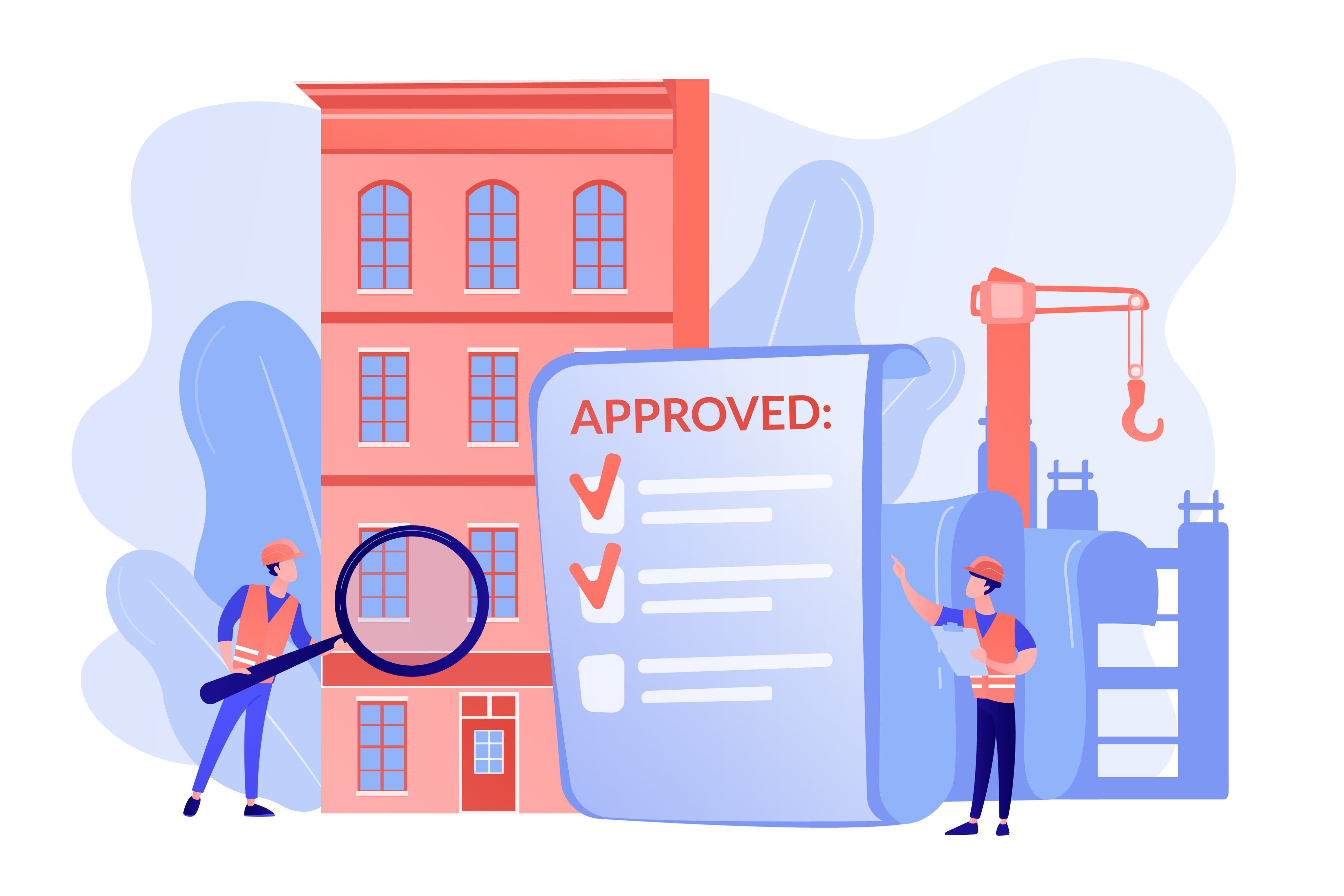Co-activity refers to the simultaneous activity of a Host Company and External Companies operating on the same site. Such co-activity creates potential interferences that may generate occupational health, safety, and environmental risks. The Prevention Plan defines the measures each party must take to prevent these risks.
The Initial Joint Inspection (IJI) is the joint workplace inspection carried out with the External Company. Its objectives are to define the scope of intervention, exchange information, and analyze co-activity risks. When such risks exist, representatives agree, before work begins, on a prevention plan that specifies the measures taken by each company to mitigate these risks.



